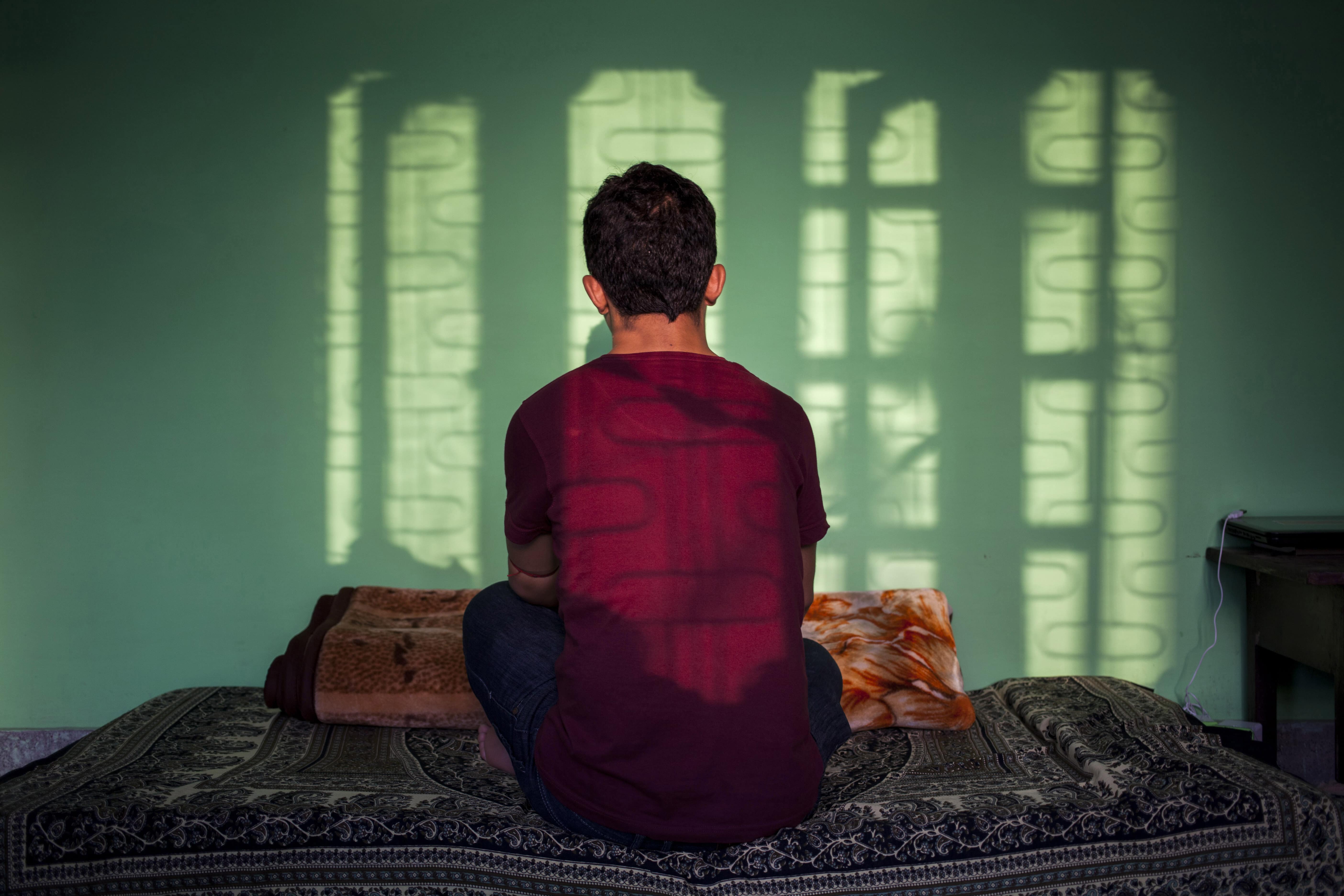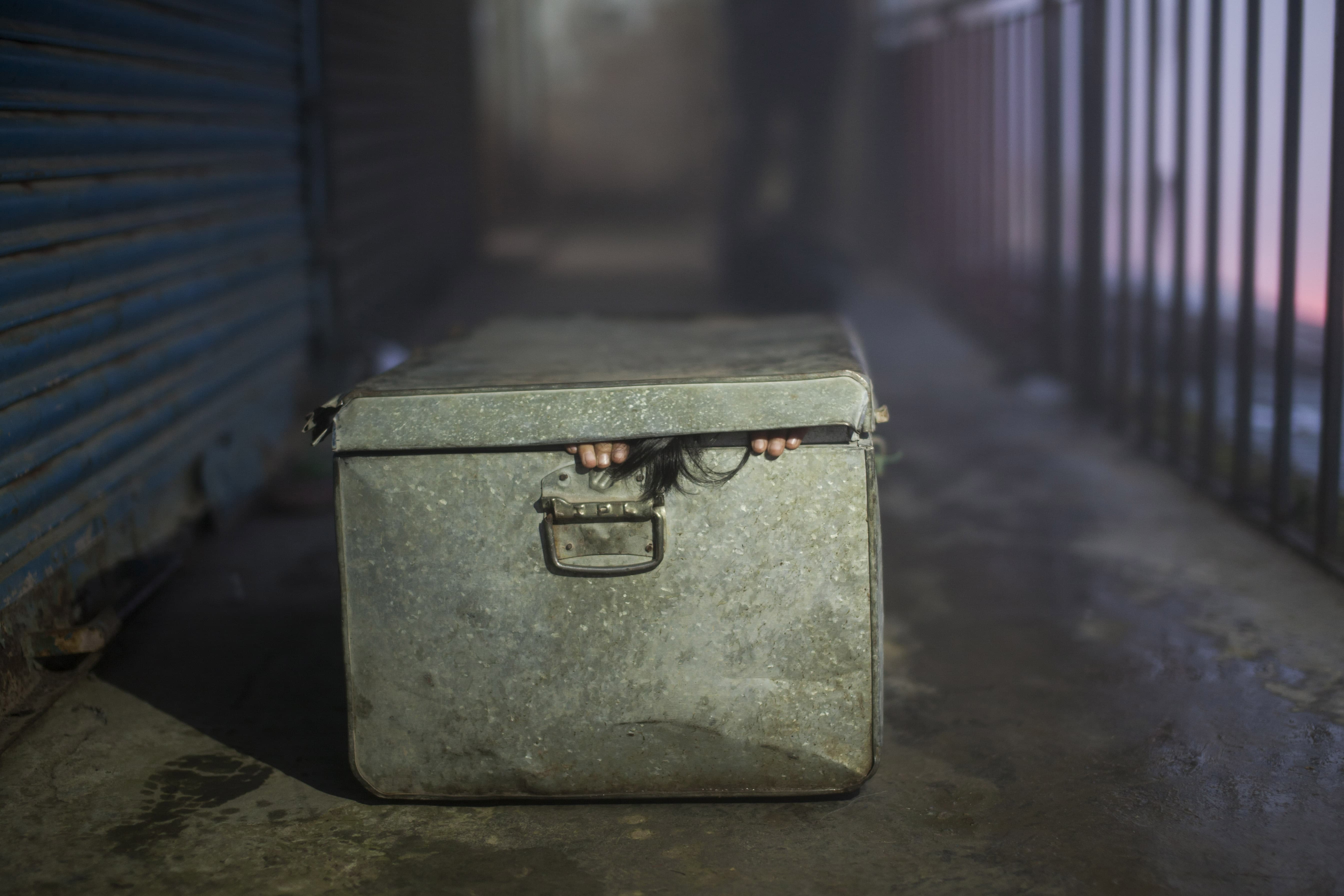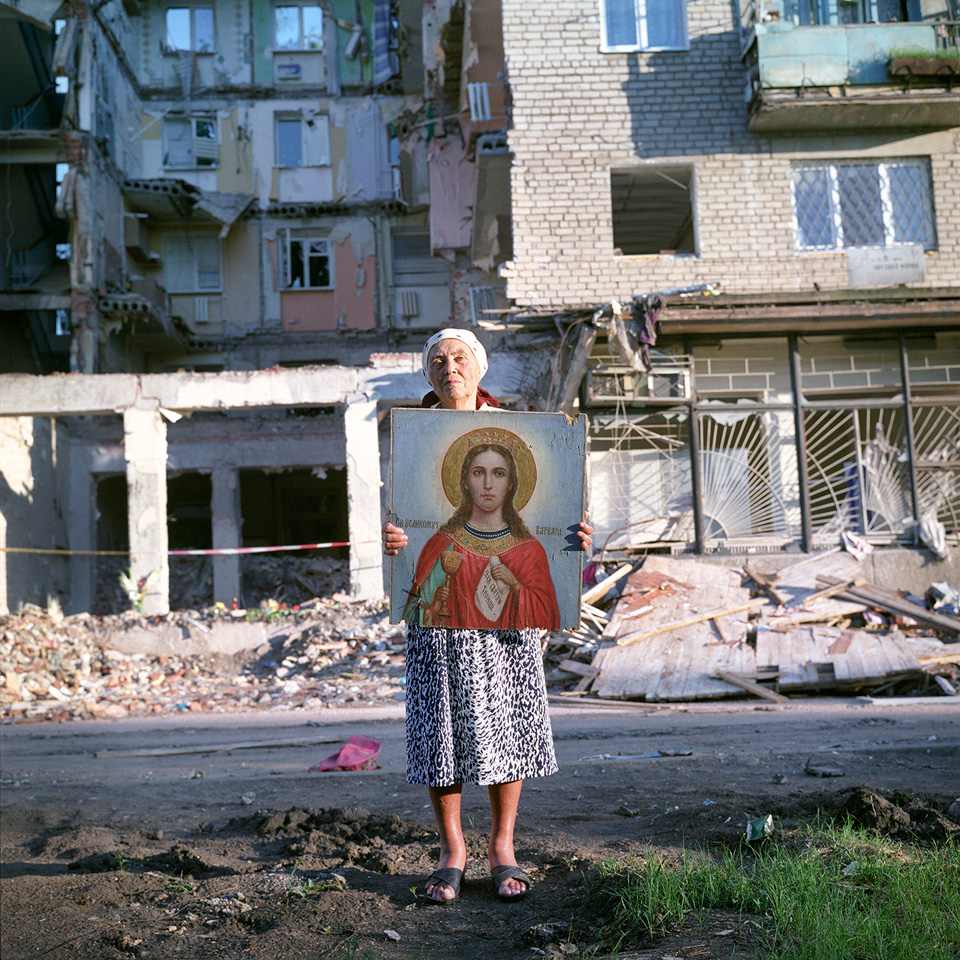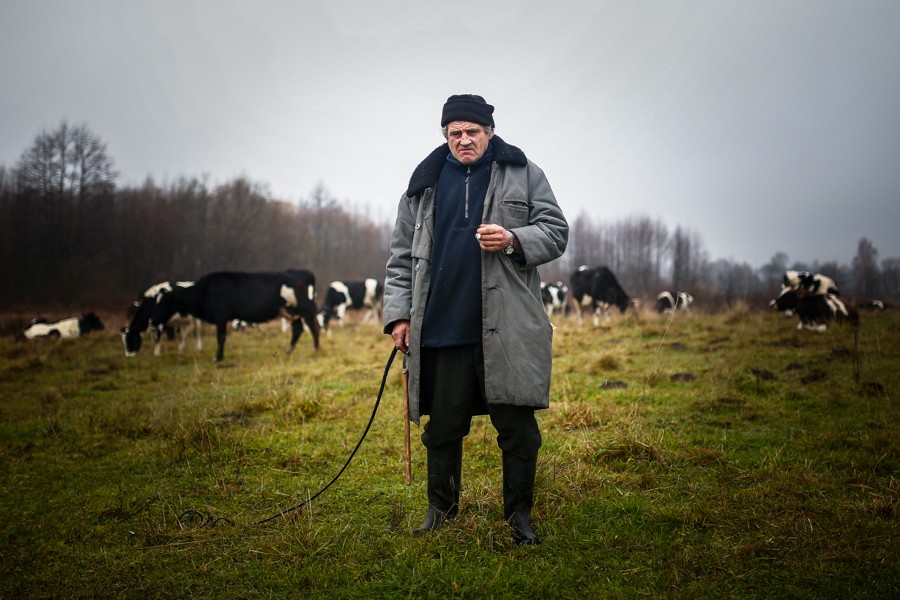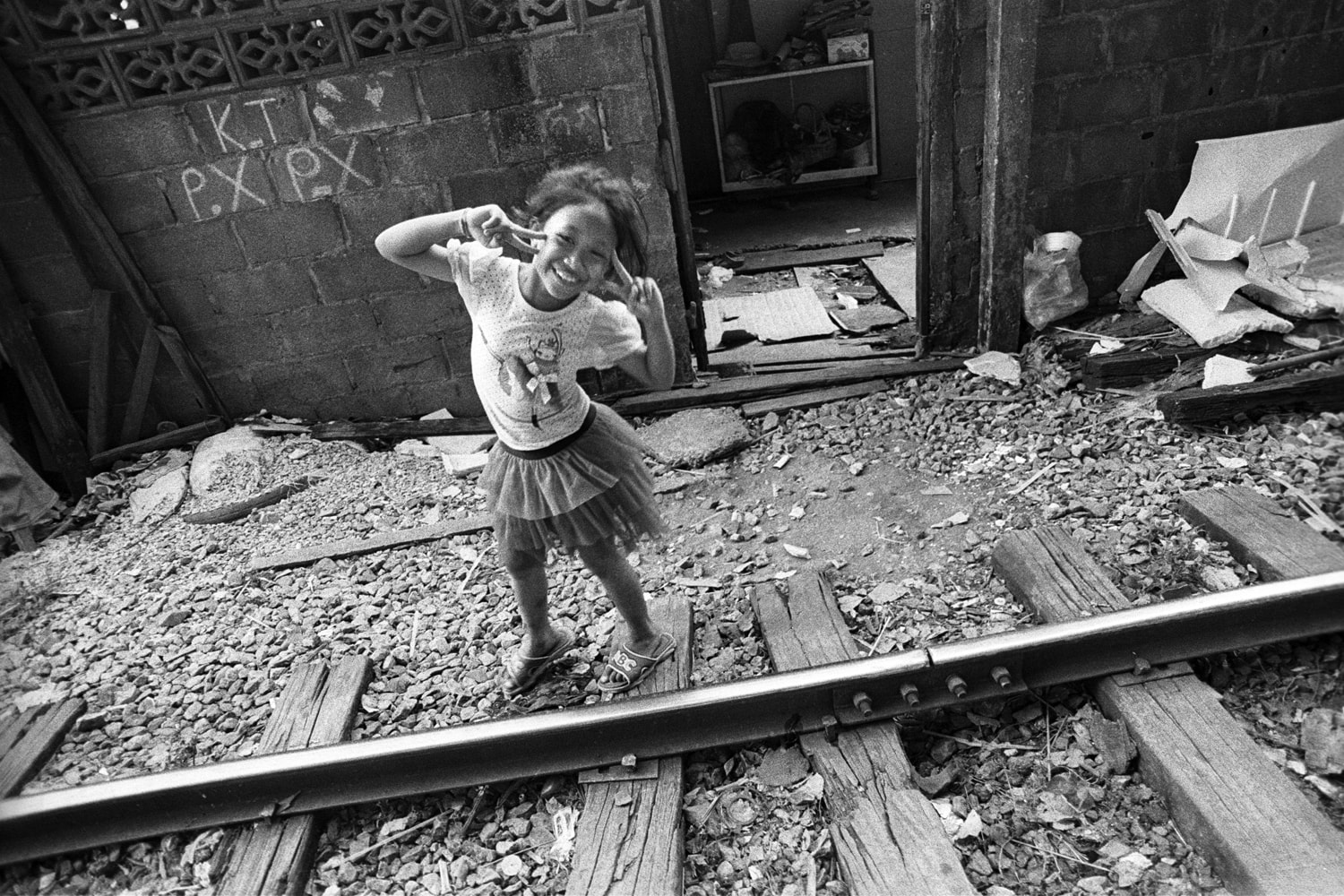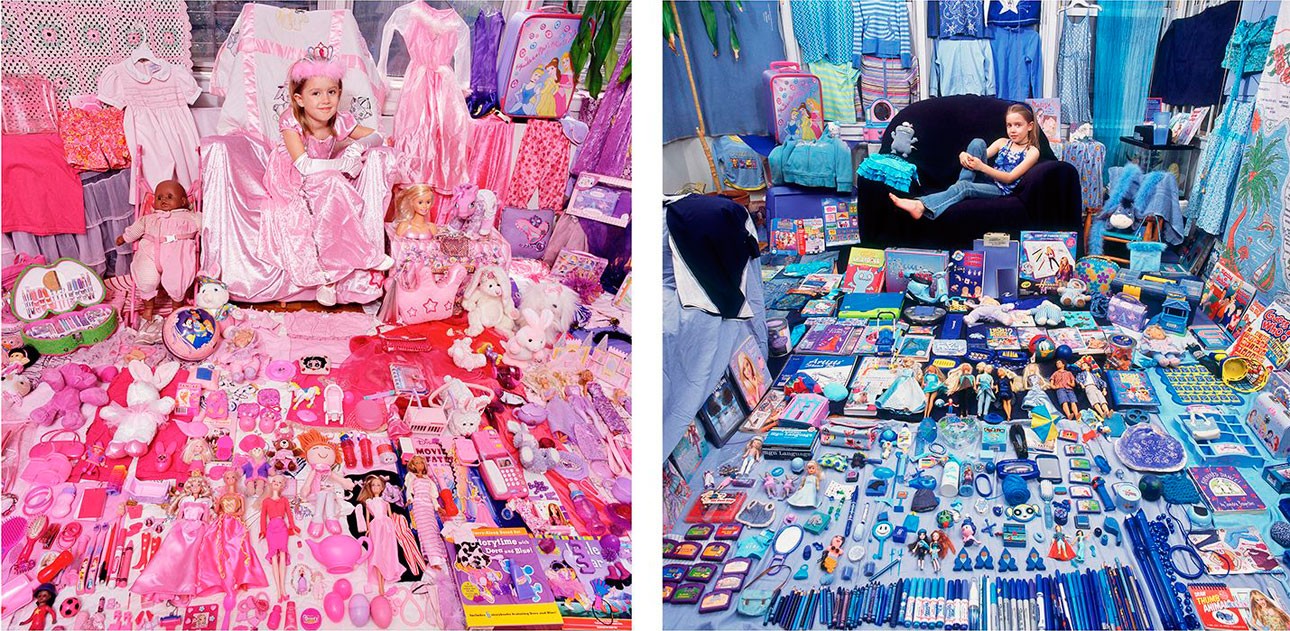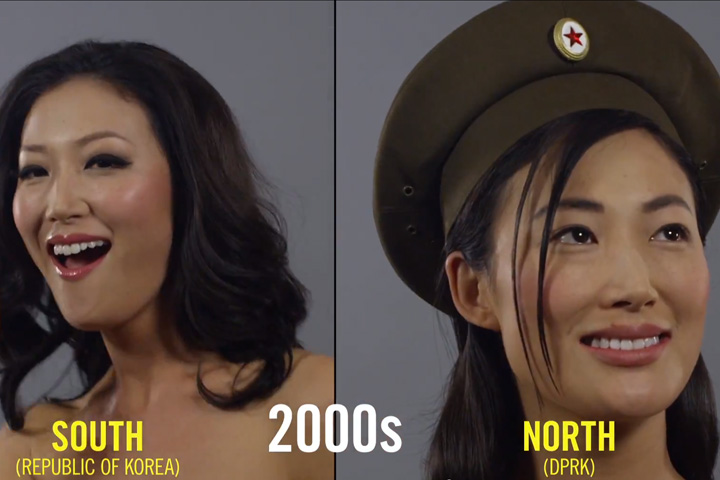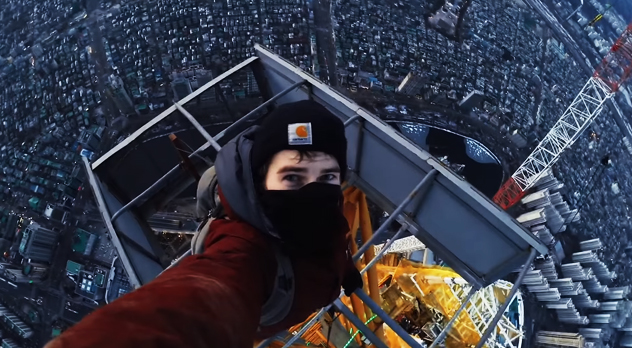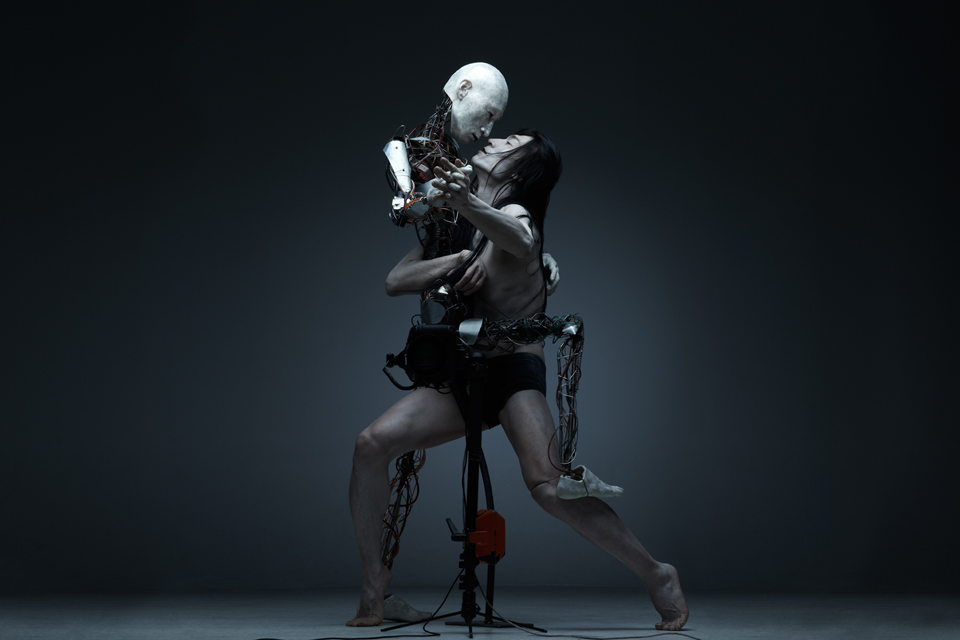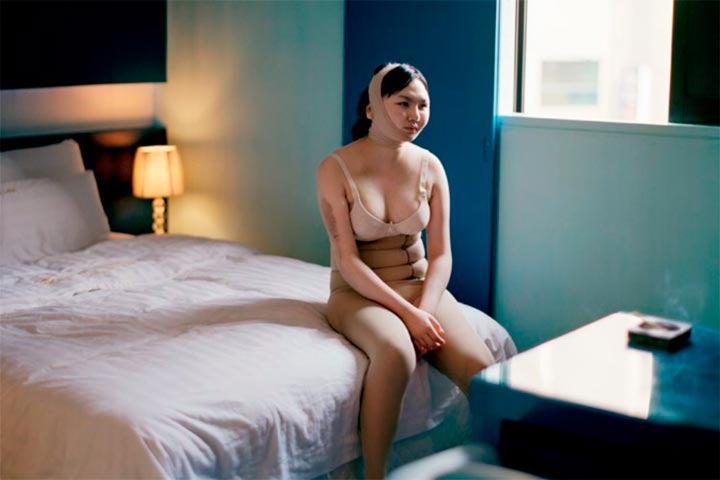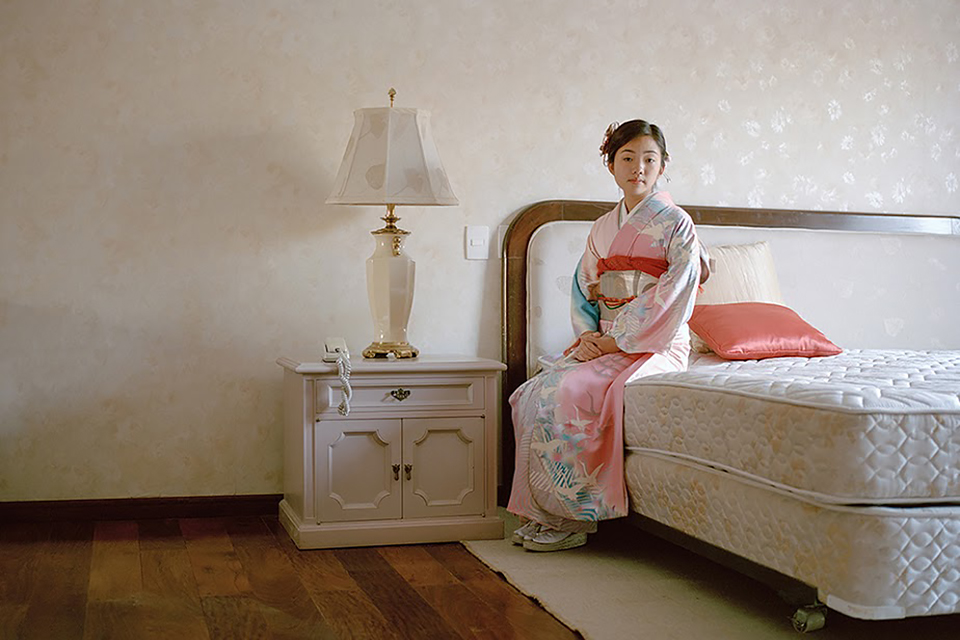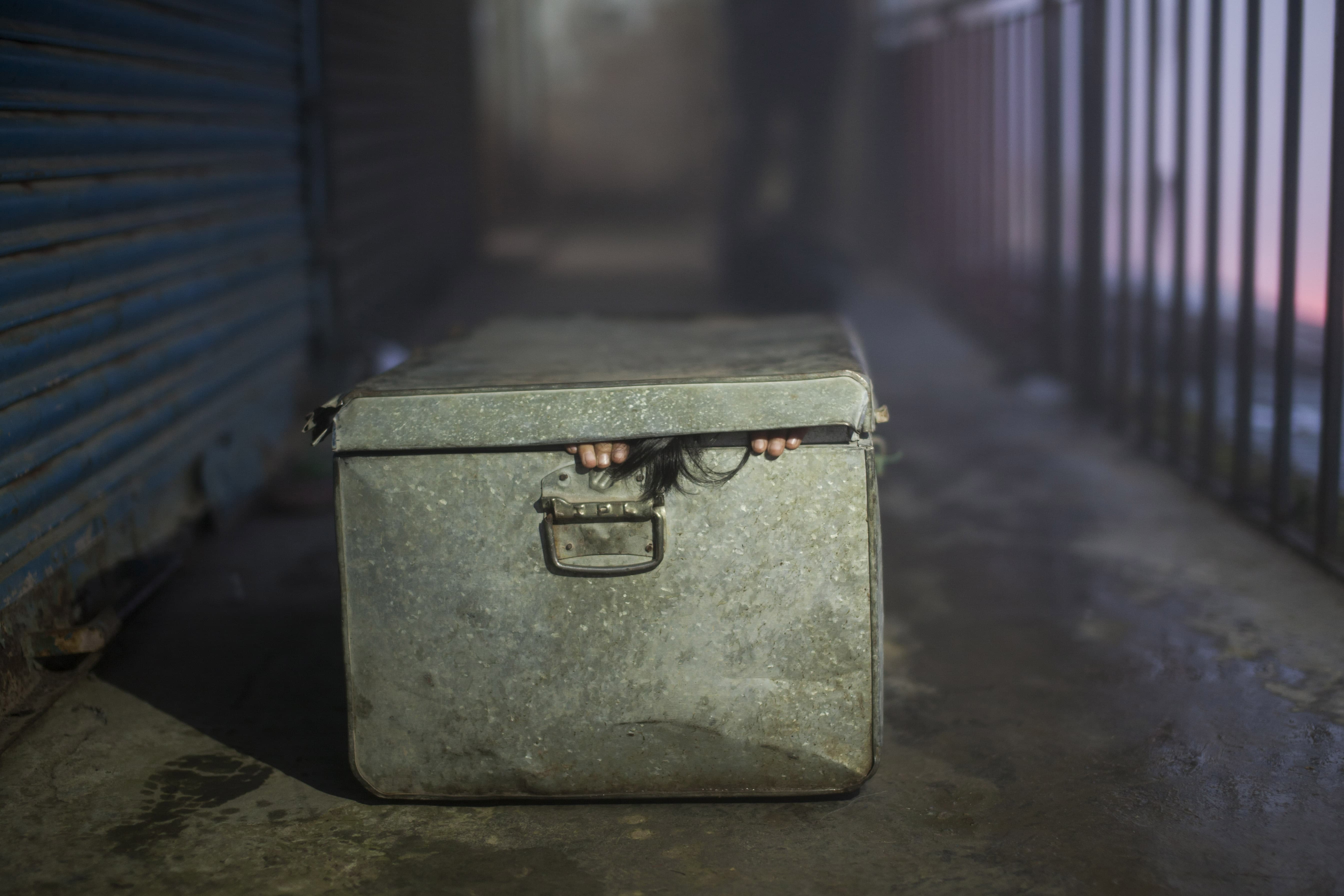
Suwon International Photo Festival: Independent Documentary Photography Festival in Korea
The Suwon International Photo Festival, an independent documentary photography festival, was held in Suwon, South Korea, in November. This year’s festival is the third, and this time it’s main theme was migration. One of the participants of the festival was Vlad Sokhin with Warm Waters, the project about climate migration. And the first prize was won by Lee E Sik with his project The Return, about ethnic Koreans in the Russian Sakhalin. The exhibition of works of authors from post-Soviet countries, Deformation, was also presented during the festival.
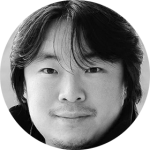
Korean documentary photographer, director of the international photo festival Suwon International Photo Festival.
— Korean people love seeing documentary photography — only documentary photo exhibitions have successful ticket sales. But major Korean photo festivals hire directors who are related to fine art photography. Photography departments in Korean universities also focus on fine art photography. In other words, celebrities in Korean photo scene do fine art photography themselves, and they think documentary is old-fashioned. But the audience likes documentary. This gap is the main reason I organized the Suwon International Photo Festival.
I think our festival has good potential. Our main difficulties are related to the fact that we are independent, the festival is organized by the photographers themselves. We have to run with few staff and there is a limit to promotion — mostly, we have to use social media to promote it.
The Korean photo scene is not networked well internationally. We hope that the Suwon festival facilitates more exchange and a stronger network between photographers in Korea and in Asia and on other continents — we don’t know each other even in Asia. In the future, we plan to invite even more photographers and festival directors from other Asian countries, as well as international photographers who focus on Asia. We also hope to have more media coverage. And most importantly, we want more partnerships with other festivals.
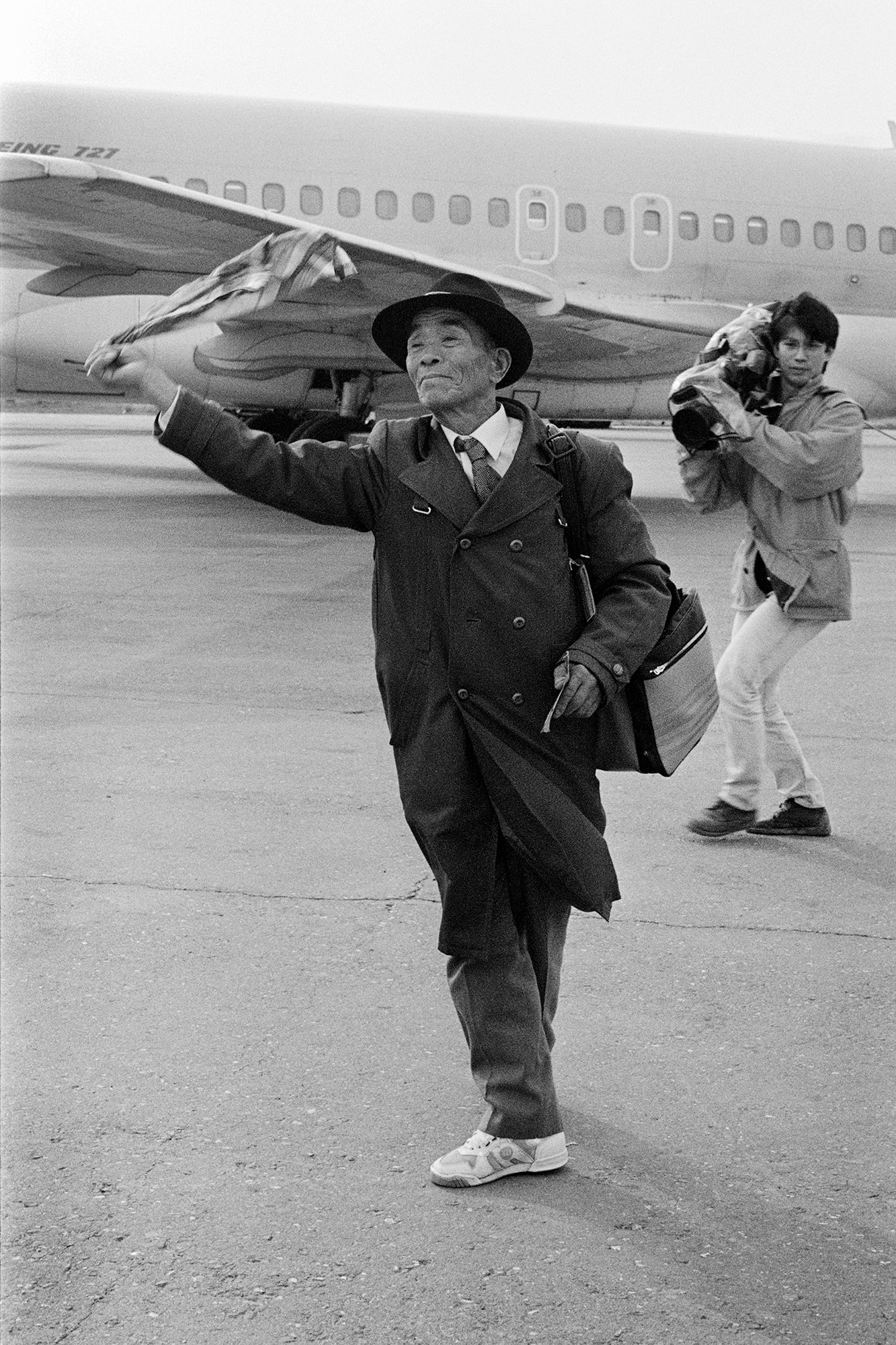
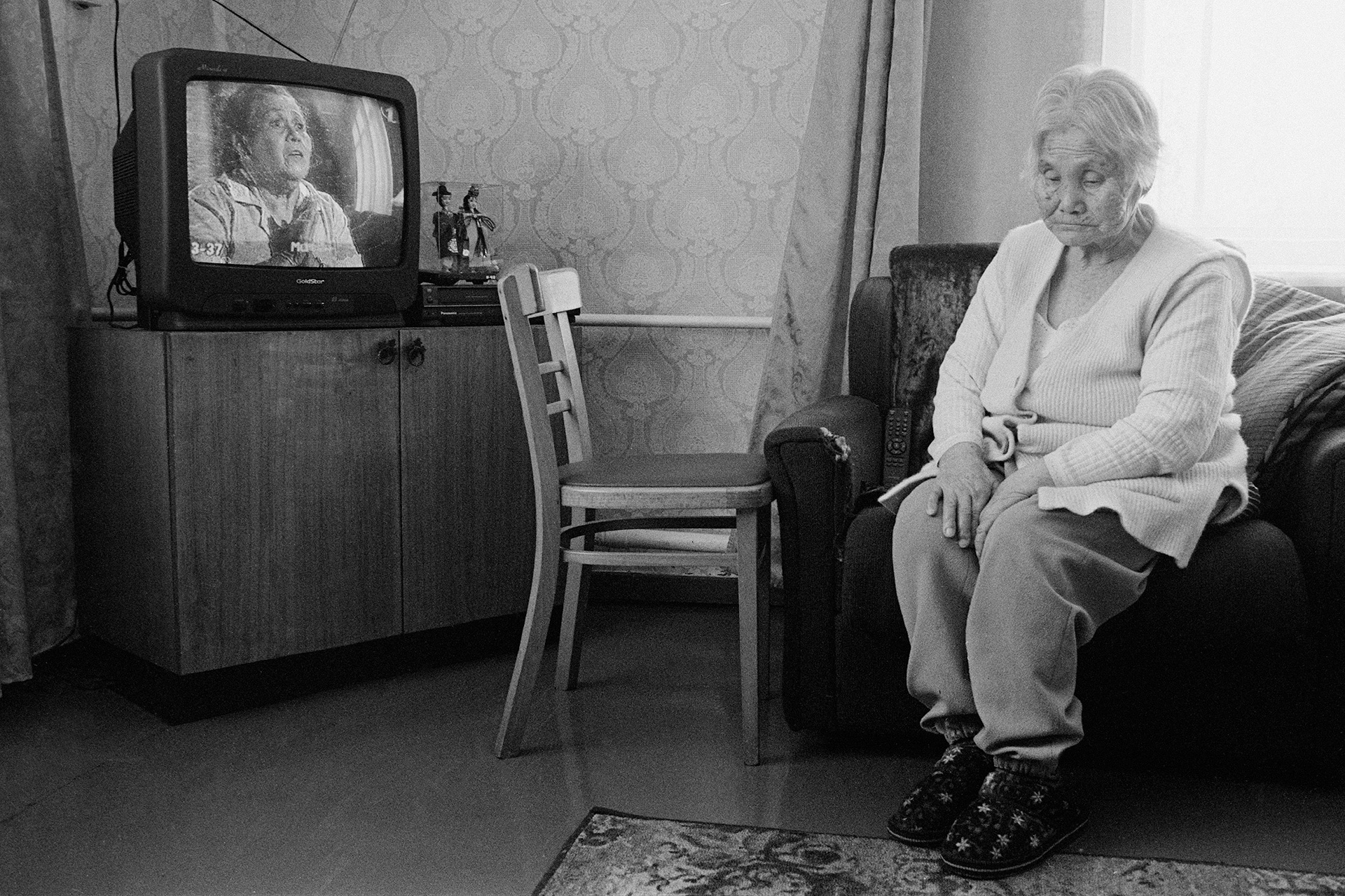
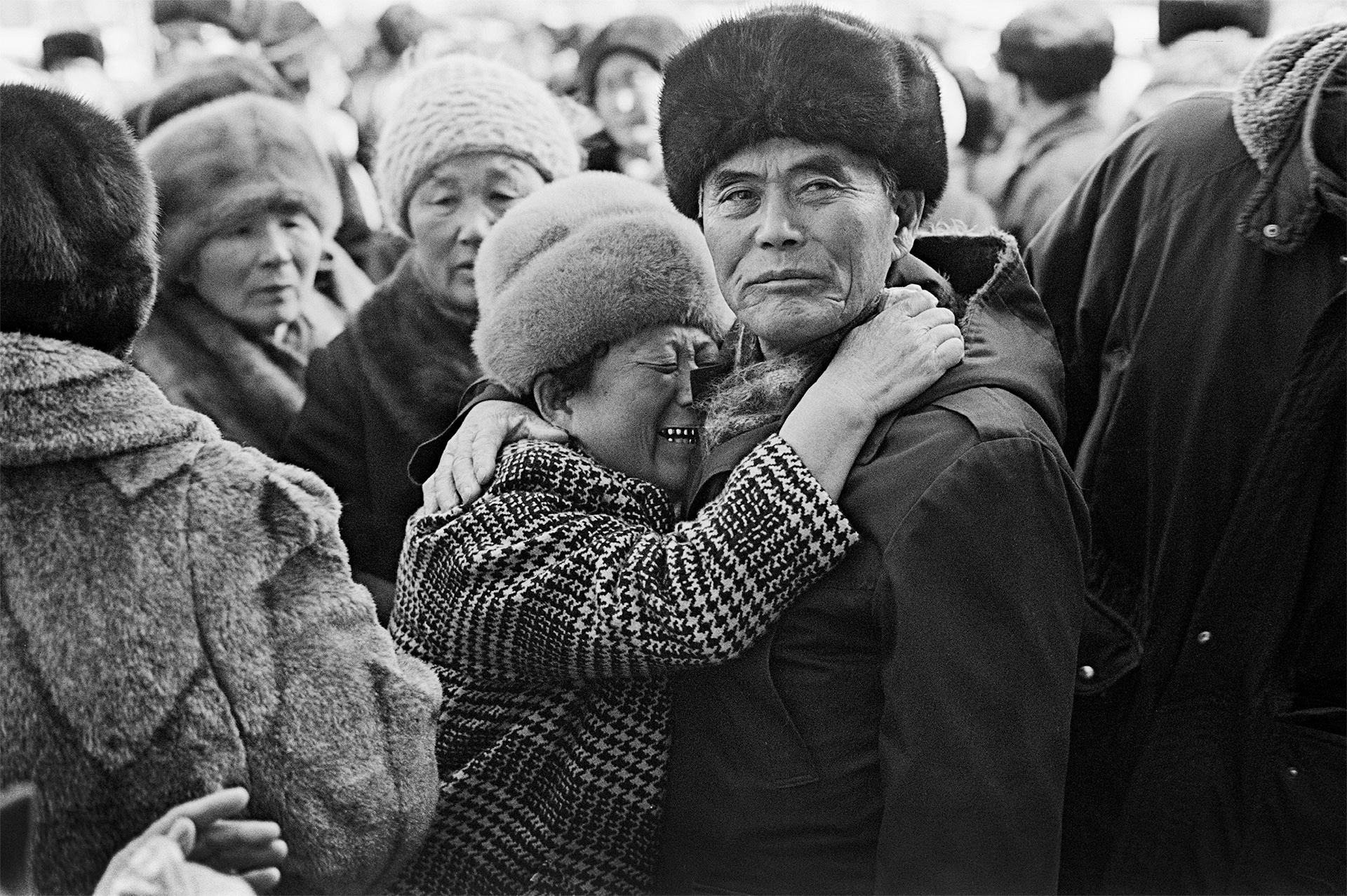
Every artist is very important to me, but if I had to choose, I would like to mention the following several works. First, it is Deformation, a very well-curated exhibition of works from post-Soviet countries. In Korea, we don’t have any idea about artists from that region, so it was very interesting for us to be introduced to them. This exhibition shows us that human lives, human tragedies, the good and the bad things are the same everywhere. The Korean peninsula is located between China and Japan and is influenced by those countries, as well as by Russia and the US. Korean history is full of sad stories, too.
Secondly, these are the works of Tsering Topgyal from Tibet, about Tibetans in exile. And finally, the works of Lee E Sik who won first prize at the festival this year, his project is called The Return and it is about Russian Koreans in Sakhalin. In most Asian countries, people have lived through the same tragedy — lost their freedom and lost their home.
Documentary photography as evidence is very important to prevent more tragedies from happening. People in power want to hide everything, but we find the truth and show it to the public. Right now, Korea is going through a crisis in democracy. We achieved democracy with a lot of blood at some point, but now we are going back to the past, to a dictatorship. Photographers in Asia need to get together and help each other, have more interest about each other’s countries stories.
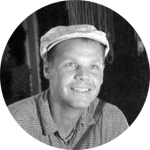
Documentary photographer, director of Chiang Mai Documentary Arts Festival and Documentary Arts Asia, founder of Sakse Collective, curator of several exhibitions at the 3rd Suwon International Photo Festival.
— Pretty much every festival in Korea, and there are quite a few photo festivals, are owned by the city, and not by the festival directors, which is different from almost everywhere else in the world. I find it really strange. The city will choose the new director every year, and the whole system becomes very political based on that, and the director obviously can’t do anything that the city doesn’t like. The Suwon International Photo Festival is different, that is why it is important. So, this is one of the main reasons Jeauk Kang started the festival, and also because the other ones don’t show much documentary.
Jeauk Kang saw my project in Thailand, at the Documentary Arts Asia Festival — very simple, not political, not taking money from the government, with a budget of only $2,500 that I raised at an auction — and got inspired to start this. He invited me to help him organize the festival, and I agreed. The first year, in 2013, I was really kind of a guest: they were hiding the work from me, finding someone to bring me to a restaurant while they were going crazy trying to make it to the deadline. In 2014, I helped with the organization more, the final several days before the opening we worked 20 hours a day. This time, I don’t do that much — but I still helped with the website, curated several exhibitions, including the exhibition of my photo collective, Sakse Collective.
Kachin
The northernmost state of Myanmar. In 2011, the fighting between the Kachin Independence Army and the government forces intensified again. Fleeing from the war, hundreds of thousands of locals became refugees.
The Sakse Collective is almost a year old. It exists to help photographers from Kachin state (Myanmar) to market their work and tell the world about Kachin people and Kachin. Kachin is like a big black hole, large agencies have very few photographs from there. When I first started, BBC said ‘error not found’. There is more information now, and our collective is one of the resources for human rights activists and academics from all over the world. For instance, last month Human Rights Watch found us.
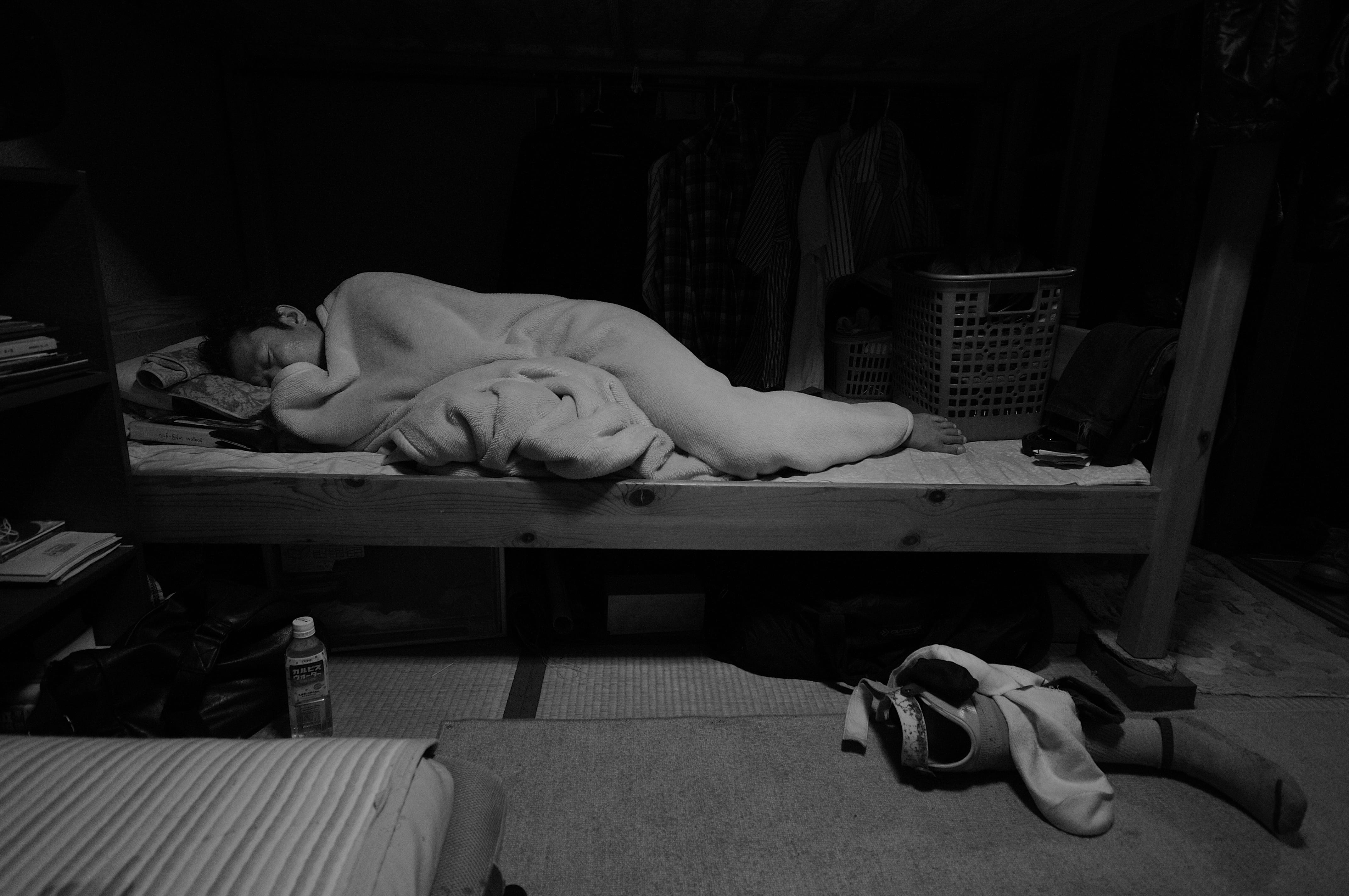

Organizer and curator for Odessa / Batumi Photo Days, curator of Deformation, the exhibition of works of photographers from post-Soviet countries during the Suwon International Photo Festival.
— It all started with me getting an offer from Jeauk Kang to do some kind of an exhibition during the festival, the main theme of the festival being ‘migration’. And it seemed to me that it didn’t make sense to talk about IDPs in Ukraine to a Korean audience without explaining the reasons why there are IDPs at all. So I decided it would be much better to show the changes that have been happening and continue to happen in post-Soviet countries. Accordingly, the main theme of the exhibition that I am curating is ‘deformation’, as in the changes that happen involuntarily.
At first, I planned to bring only Ukrainian works, but then I realized it would be much more interesting to have more representation, and invited eight artists and art groups from Belarus, Latvia, and Ukraine. The Ukrainian selection is strongly focused on the war, the conflict in Donbass, and a reflection of the Crimean occupation. From Latvia we have two series focused on the transition from Soviet memory to the present day. A series by Siarhei Hudzilin from Minsk is dedicated to a region in Belarus, which is on the border with Russia — the life of this frontier region, its uncertain identity and its being frozen in a certain time.
I would say that Korean photographers know more about what is happening in Ukraine than photographers in Europe. They might not know that many details, but have a good general grasp of the situation. Most people in the European community are sure that the war ended and we are confidently moving towards joining the EU. I think it is related to how the media presents information: in Europe, it is more related to the current events, and now Syria is in. Also, I suppose that Koreans are mentally closer to us, and understand the situation in Ukraine at the level of emotions. In Europe, people say: “Oh, sad”, but they don’t have that kind of historical memory that influences how people perceive information. Koreans see what we are showing with openness and sincerity.
I think that potentially Suwon is a very cool place for a festival. It is close to the airport, not far from Seoul, small and compact, it is easy to approach the audience here. This year the group of photographers and curators who attended the festival were very nice. I got a better understanding of contemporary Asian trends in photography, which we know nothing about in Ukraine. But it seems to me that the organizers need to work with the local audience more. Of course, this is only the third festival and the organizing team is very small, and so far they have been working mostly on generating interesting content, and yet have to improve the attraction of audience at a larger scale.

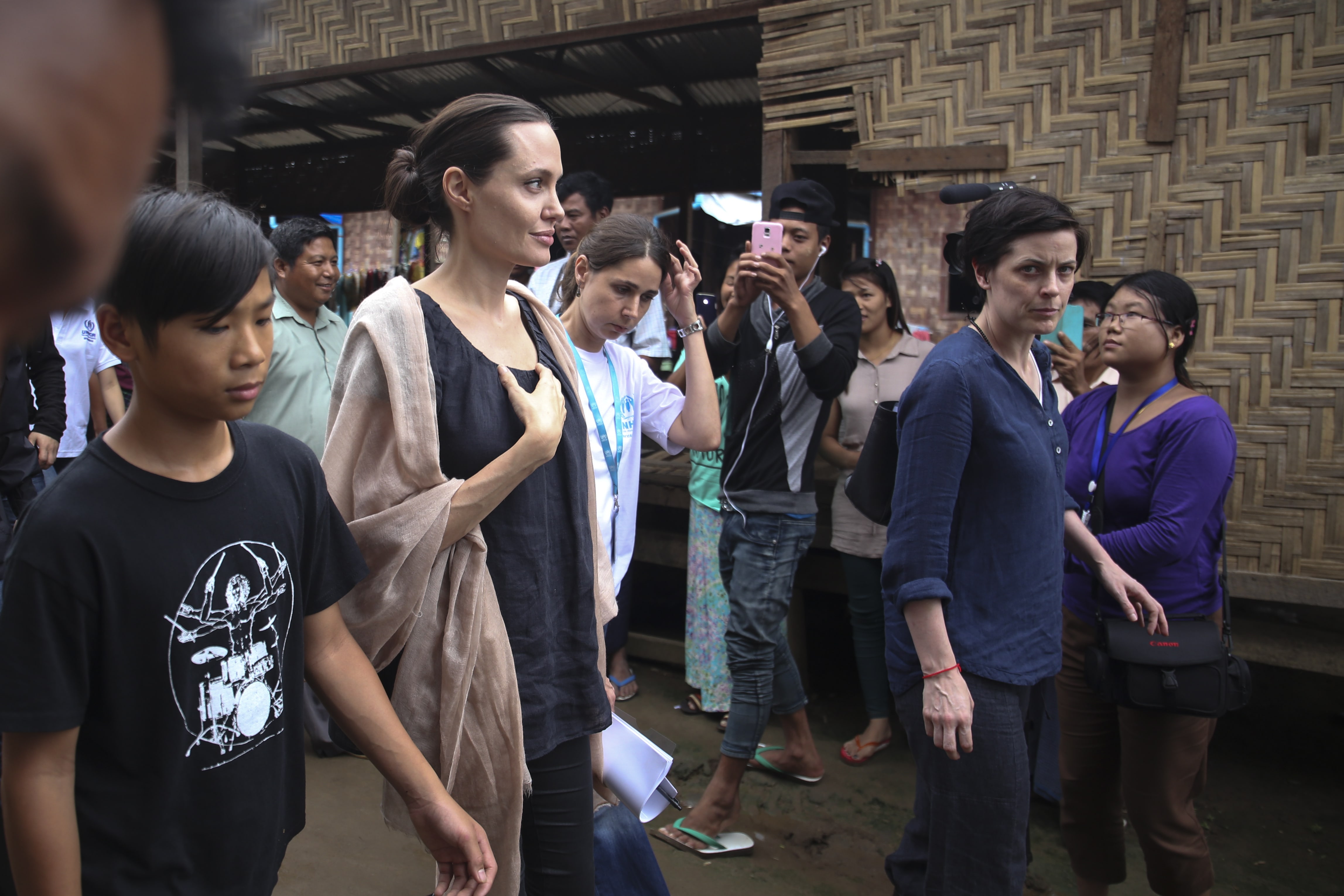
New and best
